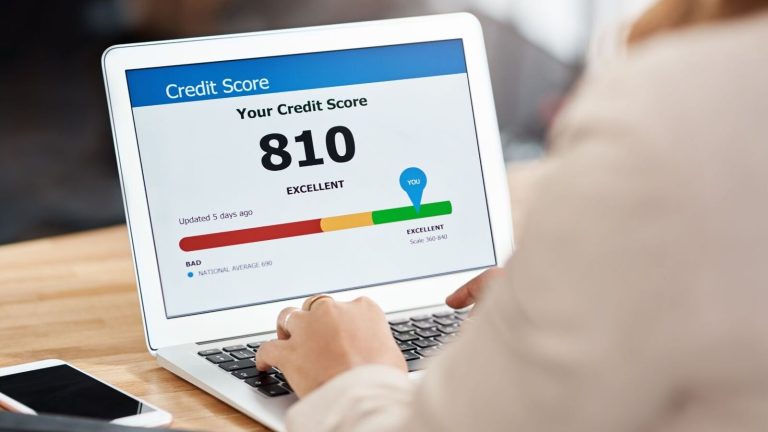In everyday life, we often use the terms credit score and credit report interchangeably to describe the evaluation issued by a credit bureau regarding our creditworthiness. While both serve as tools for lenders and financial institutions to assess an individual’s or business’s creditworthiness, they refer to two distinct aspects of credit evaluation.
A credit bureau in India, under the CICRA (Credit Information Companies Regulation Act), is required to generate a credit score for every borrower who has taken a loan from a regulated financial institution. Likewise, credit institutions are mandated to assess creditworthiness using this score along with other supporting measures and documents. The credit score is derived from data submitted by credit institutions to credit bureaus. This data includes information on loans issued, repayment behaviour across these loans, their current status, and identity details of the borrower.
Once collected, this data is processed by the credit bureaus to generate a credit score, which serves as a comprehensive measure of a borrower’s creditworthiness. The credit score is a numerical value ranging between 300 and 900, representing an individual’s credit behaviour and financial reliability. Each credit bureau uses its proprietary model to compute this score, considering various borrower-level factors. The score also serves as a risk indicator: higher scores signify lower credit risk, whereas lower scores indicate higher risk.
On the other hand, a credit report, as the term suggests, is a detailed document capturing an individual’s or business’s credit history. It includes information on loans applied for, credit facilities availed, repayment behaviour, and current loan status. A borrower can be either an individual or a business entity seeking credit. Although the credit reports for individuals and businesses differ in format, both provide similar credit-related details.
A Personal Credit Report (PCR) records an individual’s financial activities across all credit facilities, including credit cards, loans, and mortgages. It includes payment history, negative records such as missed or delayed payments, and even details of loan applications.
A Company Credit Report (CCR) provides a detailed credit profile of a business entity. It contains incorporation details, promoter or director information, financial activities across credit facilities, and payment records, including any late payments.
A typical credit bureau report consists of several key sections:
1. Identification information – Includes details such as name, address, contact information, and other personally identifiable data.
2. Credit account information – Provides a snapshot of all credit accounts, including account type, loan amount, date of opening, outstanding balance, and repayment history.
3. Credit inquiries – Lists all inquiries made by lending institutions regarding the borrower’s credit profile.
4. Bankruptcies and public records – Includes any bankruptcies or other financial records relevant to the borrower’s credit history.
5. Credit score – A consolidated score calculated from the borrower’s complete credit history, encompassing past and present records across all credit facilities.
Both credit scores and credit reports play a crucial role in helping lenders assess borrowers’ financial standing and credit behaviour. Maintaining good credit health is important for individuals and businesses alike.
A credit report serves as a guiding document for lending institutions, helping them evaluate not only a borrower’s creditworthiness but also determine loan terms, interest rates, and conditions. An accurate credit report is essential for securing loans on favourable terms. Errors or discrepancies in the report can affect loan approvals and interest rates.
Conclusion
Understanding the distinction between a credit score and a credit report is essential for maintaining strong financial health. While a credit score provides a quick numerical assessment of creditworthiness, a credit report offers a detailed record of credit history, helping both individuals and businesses track their financial standing.
Regularly reviewing your credit report ensures its accuracy, helps detect potential errors, and protects against fraud. Since the information in your report directly influences your credit score, staying informed and proactive can improve your financial profile over time.
By managing credit responsibly and maintaining a healthy credit report, borrowers can enhance their ability to secure loans on favourable terms, minimise financial risks, and build a stable financial future.
Disclaimer: The information provided in this article is for informational purposes only and does not constitute financial, legal, or professional advice. While every effort has been made to ensure accuracy, readers should verify details independently and consult relevant professionals before making financial decisions. The views expressed are based on current industry trends and regulatory frameworks, which may change over time. Neither the author nor the publisher is responsible for any decisions made based on this content.
Sachin Seth, Chairman CRIF High Mark and Regional MD CRIF India & South Asia


